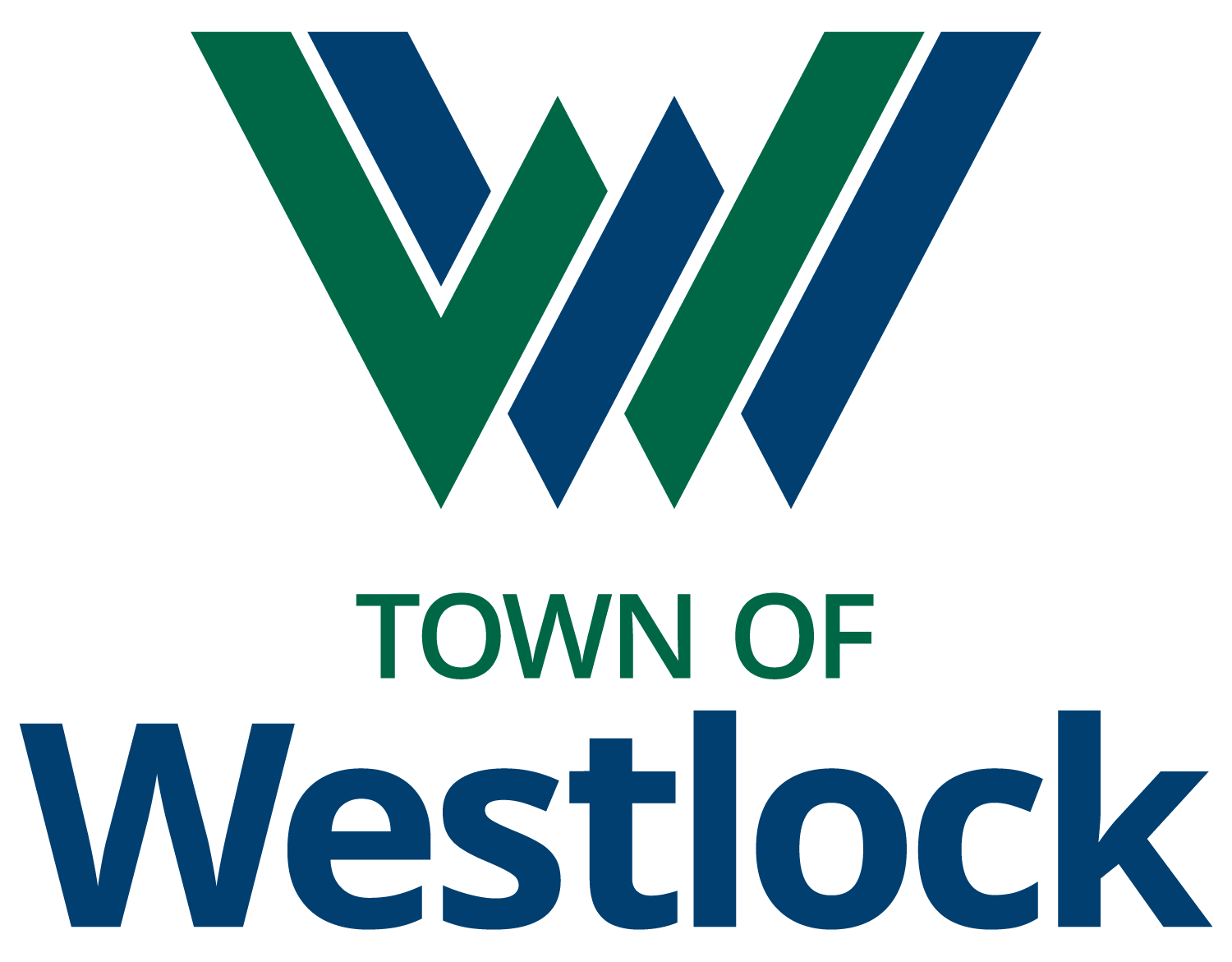Property tax payments are due on the last business day of June of each year. Assessment Notices are mailed by mid-March, and Property Tax Notices are mailed by the end of April each year. The due date is specified on the tax notices and is also advertised for two weeks in the local newspaper (Westlock News).
Property Taxes
Understanding Your Property Tax
The Town collects taxes that are comprised of:
- Town of Westlock (municipal services)
- Seniors Requisition
- Education Requisition
For all residents throughout Alberta and every municipality, your municipal taxes are essential for
maintaining and improving our community today while planning for the future.
Municipal taxes fund essential services like garbage collection, snow removal, and emergency services,
ensuring our community functions smoothly and remains safe.
Tax dollars are used to revitalize local parks and playgrounds, making our neighbourhoods more inviting
and enjoyable for everyone.
Tax contributions support infrastructure projects, such as road maintenance and street lighting, which
enhance safety and accessibility across the municipality. Tax dollars help support local businesses and job creation, boosting our local economy.
Municipal taxes fund libraries, community centres, and programs for all age groups, helping support our
community’s families, seniors, and youth.
How and where can I pay my taxes?
There are several ways you can pay your taxes:
Pre-Authorized Payment Plan: allows you to pay your taxes in monthly installments via an automatic debit from your bank account. Your installments will be adjusted on an annual basis to reflect any tax changes for the current year. You may start on the monthly payment plan any time during the year, provided you have no outstanding arrears.
Financial Institutions: payments can be made at most financial institutions in Westlock. Telephone or computer banking may also be available with your bank.
E-transfer to finance@westlock.ca
By Mail: send your cheque, payable to "Town of Westlock," to:
Town of Westlock
10003 – 106 Street
Westlock, AB T7P 2K3
Do not send cash through the mail.
In-Person: make your payment at the Town Office (10003 – 106 Street) during regular business hours (8:30 a.m. to Noon and 1 p.m. to 4:30 p.m., Monday to Friday).
We accept cash, cheques, money order, draft and direct debit. Please reference your Tax Roll Number. Credit cards are accepted through OptionPay on our website. Please note that additional external fees may apply when using OptionPay.
Drop Box Payments: drop off your payments in the After Hours Drop Box, located beside the main entrance at the Town office (10003 – 106 Street).
View or Download the current Tax Rate Bylaw
View or Download the Consolidated Fees & Rates Bylaw
Contact Us
Town of Westlock
Town Office
10003-106 Street,
Westlock, Alberta T7P 2K3
Ph: 780-349-4444
Toll Free: 1-866-349-4445
Fax: 780-349-4436
Email Us: info@westlock.ca
After Hours/On-Call:
780-349-0178
